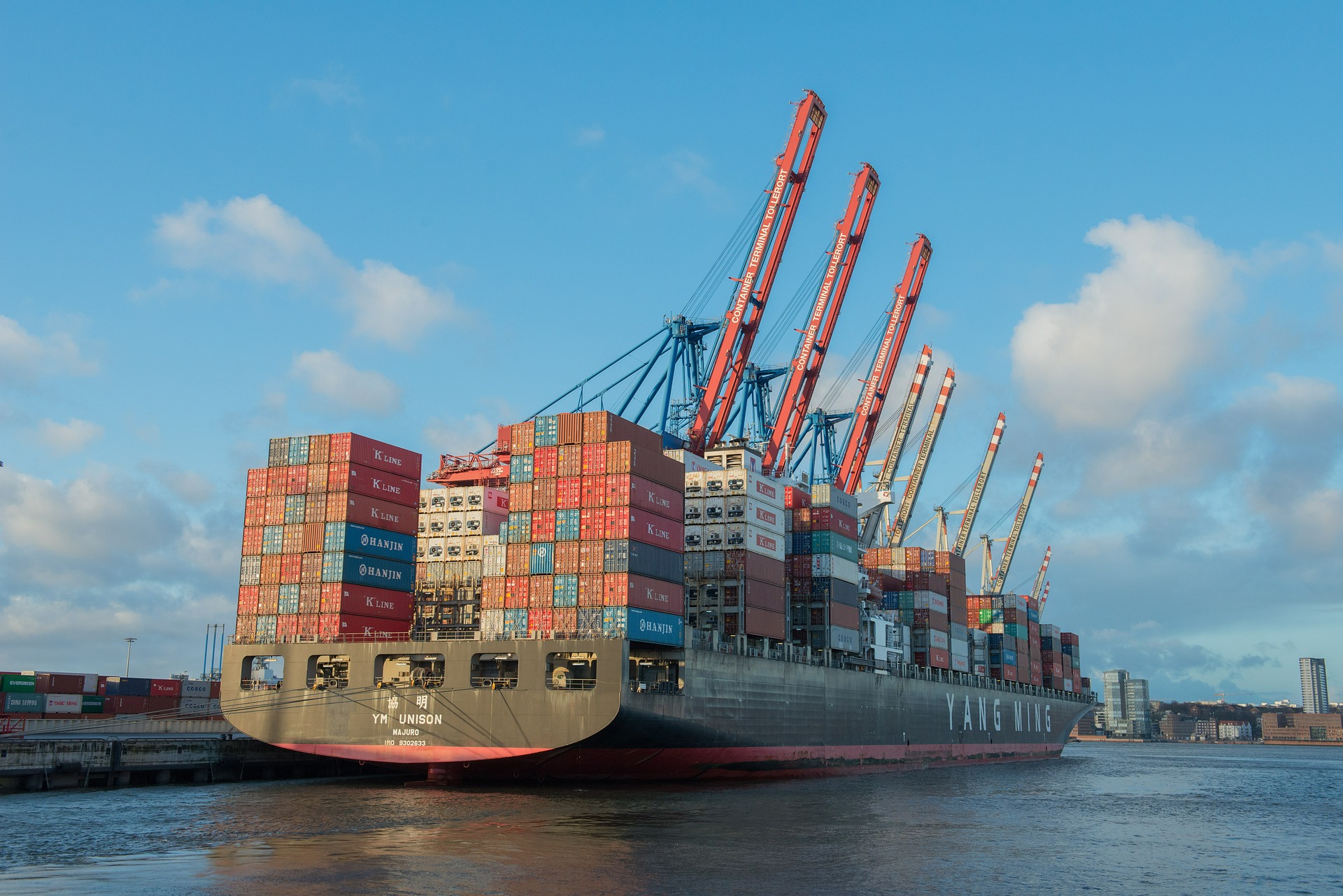In Ghana, the government set up its new tax regime, one in favour of an increase of imports. Indeed, since April 4th, a reduction of the import taxes came into effect, that is a 50% reduction on the import rights of general consumer goods and 30% on the imports of vehicles.
The purpose of this fiscal reform is mainly the desire of the country to be more competitive, particularly with regard to his neighbors, Ivory Coast and Togo. Moreover, the government hopes that this reduction will limit the frauds regarding smuggling.
The Ghanaian competitiveness should improve following this reform, that introduces a fare structure aligned to the world standards. This reform is positive for importers, but scares local artisans who fear that the likely increase in imports at lower prices will stifle local industry.
To reassure the locals, Vice President Mahamudu Bawumia announced that the government is planning to open a factory in every district of the country to support local production.
This reform is in line with the economic policy advocated in President Nana Akufo-Addo’s programme for Ghana’s financial sovereignty. It allows the country to comply with the practices applied in the main ports of the world on port and customs charges. Indeed, the Ghanaian import regime was too high, which prevented the country’s ports from being sufficiently competitive.
For example, studies have shown that traffic in the port of Lomé, capital of Togo, increased by 300% between 2013 and 2018, while it only increased by 4% in Ghana during the same period. A result that convinced the government of the necessity to implement this harbour reform.





